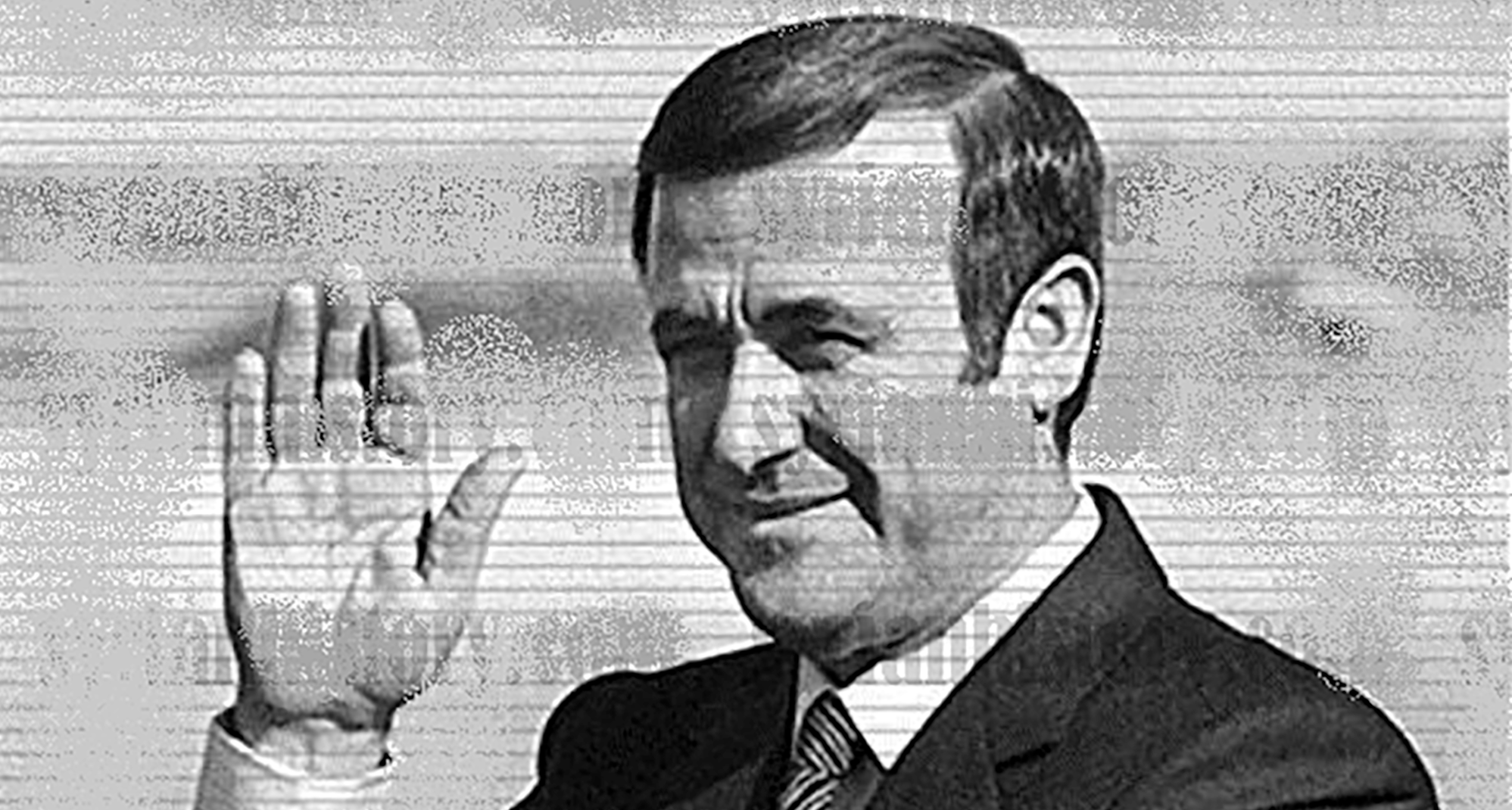On 8 December 2024, after more than five decades of the al-Assad clan’s rule, Syria’s history was turned upside down in just a handful of days. Since the offensive by anti-government forces at the end of November, the rebel advance has been dazzling. One by one, towns whose names resonate in the collective consciousness, such as Aleppo, Hama and Homs, have fallen into the hands of the armed opposition groups, followed by the fall of Damascus. With the collapse of the regime, the whereabouts of Bashar al-Assad and his family remain at the heart of interrogations, although it was soon confirmed that Russia had granted him political asylum.
The Syrian government implemented a policy of repression that turned into open conflict with the Muslim Brotherhood, which became the main opposition force to Hafez al-Assad after he came to power in the late 1970s. From 1979 to 1982, the regime confronted its fighting vanguard. This conflict was marked by a number of emblematic events, such as the Tadmor prison massacre in 1980 and the destruction of the town of Hama in 1982. The election in 2001 of Bashar al-Assad, son of the previous president, saw the birth of the Damascus Spring and hopes of reform. But in the autumn of the same year, the authorities cracked down on the opposition movement, imprisoning its leaders and killing more than 3,500 people. Ten years later, the ‘Arab Spring’ inspired a series of peaceful demonstrations. Its deadly repression by the Syrian security apparatus triggered a civil war that has left the country on fire and the economy in ruins.
Rifaat al-Assad is a key figure in the dynasty. Former Syrian vice-president and uncle of deposed President Bashar, he has been the subject of proceedings in Switzerland since 2013 for his alleged role as commander of the ‘Defence Brigades’ in the infamous Hama massacre of February 1982. The Swiss Office of the Attorney General (OAG) issued an international arrest warrant for him in November 2021. However, this did not prevent Rifaat al-Assad from fleeing France, where he had just been sentenced to four years in prison for ill-gotten gains. After more than ten years of investigation, the OAG finally filed an indictment agains him in March 2024 for war crimes and crimes against humanity.
However, at the end of November 2024, the Swiss Federal Criminal Court (TPF) indicated that it wanted to close the case on the grounds that Rifaat al-Assad’s state of health would not allow him to travel to Switzerland or attend his trial. Even though no final decision has yet been taken, such a move at this pivotal moment would be running against the tide of history, which demands justice for the victims of the Hama massacre and, more generally, for the liberated Syrian people. Countless victims have been waiting for decades for the regime to be held to account.
If Rifaat al-Assad, like the rest of the al-Assad family, has fled his region in Syria or abroad, then the argument of his alleged inability to travel would no longer hold. It would therefore be an opportune moment not only to propose trial dates for al-Assad, but also to expand or renew the channels for the dissemination of his arrest warrant. This would also give fresh impetus to the investigations underway in several other European countries, such as France, the UK and Spain, where significant assets have been seized in recent years. In the current situation, it is more imperative than ever that they be returned to the Syrian people.
With many allies of the ousted Syrian regime likely to flee, universal jurisdiction should continue to play its part in the quest for truth and justice by countless victims of atrocities committed in Syria in the past decades. Switzerland could be the first country to open an exemplary trial against one of the members of the al-Assad clan and thus play an active part in ending the impunity of the outgoing Syrian regime.


